Experiencing a collision is stressful, but the aftermath can be even more challenging if you are ticketed after an accident. Understanding the various types of traffic violations after a collision and their legal implications is crucial in navigating these situations. This guide provides an overview of the most common collision-related traffic tickets, the process of determining fault, and how to handle traffic violations that may arise after an accident.
Types of Traffic Violations After a Collision
After a collision, there are several common traffic violations after crashes that drivers might face. These violations often depend on the circumstances leading to the accident and the rules of the road that were allegedly broken. The most frequently-issued traffic violations include:
- Careless Driving: This violation is cited when a driver is deemed to have driven without due care and attention or consideration for other road users, leading to a collision.
- Failure to Yield: Drivers must yield the right-of-way in certain situations, such as at intersections, pedestrian crosswalks, and merging lanes. Failing to do so can result in a ticket, especially if it causes a crash.
- Running a Red Light or Stop Sign: If a driver is found to have disregarded a traffic control device, such as a stop sign or red light, and it led to an accident, they may receive a traffic ticket post-accident.
- Speeding: Exceeding the speed limit or driving too fast for road conditions can be a significant factor in collisions and often results in traffic violations.
- Improper Lane Changes or Turns: Unsafe lane changes or making prohibited turns can contribute to accidents and are grounds for charges.
Understanding these post-collision traffic charges is essential to evaluate your position and the possible consequences of receiving an accident ticket.
Determining Fault and Issuing Violations
Fault determination after a collision involves assessing the actions of each driver and whether any road rules were violated. Police officers play a crucial role in this process, gathering evidence such as witness statements, damage assessments, and any available surveillance footage. The police may issue tickets based on their assessment of who was at fault, and these can include any of the aforementioned violations.
- Police Reports: The police report is often a critical piece of evidence in determining fault and issuing a traffic ticket post-accident. It includes the officer’s observations, the statements of all parties involved, and any violations noted.
- Insurance Assessments: Insurers also conduct their investigations to determine liability. However, it’s important to remember that fault determined by insurance companies may differ from that determined by law enforcement.
Legal Consequences of Traffic Violations
The consequences of traffic violations after a collision can vary widely, depending on the severity of the offence and whether there were any aggravating factors, such as injuries or extensive property damage. Penalties may include:
- Fines: Monetary penalties can range from a few hundred to several thousand dollars, depending on the type of violation.
- Demerit Points: Accumulating too many demerit points can lead to suspension of your driver’s license.
- Increased Insurance Premiums: Any traffic ticket post-accident is likely to impact your insurance rates, often leading to substantial premium hikes.
- Criminal Charges: In cases involving reckless or impaired driving, the consequences may escalate to criminal charges, which could result in a criminal record, higher fines, and even imprisonment.
How to Handle Traffic Tickets After a Collision
If you receive a ticket following a collision, it’s crucial to respond promptly and appropriately:
- Read the Ticket Carefully: Ensure you understand the charge and any penalties involved.
- Gather Evidence: Collect any relevant evidence, such as photographs, witness statements, and dashcam footage, that might support your case.
- Decide Whether to Contest the Ticket: Based on the evidence, you can choose to either pay the fine or contest the ticket in court. It is highly advised to dispute any charges laid after an accident, as the long-term consequences might be substantially more severe than the fine or even the fees or a traffic paralegal service or a lawyer.
- Consult a Competent Paralegal or Attorney: Engaging a paralegal or lawyer can provide you with professional guidance on how best to handle your accident ticket.
Impact of Traffic Violations on Insurance
Receiving a traffic ticket post-accident can have a significant impact on your insurance rates. Insurers use your driving record to assess risk, and any traffic violations will likely be seen as an increased risk factor, resulting in higher premiums. In some cases, insurers may even cancel your policy, depending on the severity of the offence.
To minimize the impact on your insurance, consider:
- Taking a Defensive Driving Course: Some insurers may reduce premiums if you complete an accredited defensive driving course.
- Appealing the Violation: Successfully contesting a traffic ticket post-accident may help you avoid the impact on your insurance rates.
Seeking Legal Assistance
If you face collision-related traffic tickets, seeking the help of a traffic law paralegal service can be invaluable. A competent paralegal or attorney can guide you through the process, from evaluating your case and gathering evidence to representing you in court if necessary. They understand the complexities of traffic violations after a collision and can help you build a strong defence to minimize penalties or even get charges dismissed.
Conclusion
Being ticketed after an accident can be a daunting experience, but understanding your rights and the steps you can take to address the situation is vital. If you receive a traffic accident ticket, consider consulting a paralegal or lawyer to ensure you receive fair treatment and the best possible outcome. Remember, having the right legal support can make a significant difference in the aftermath of a collision.
By providing this information, Traffic Paralegal Services aims to help you navigate the complexities of post-collision traffic violations and support you in defending your rights effectively.
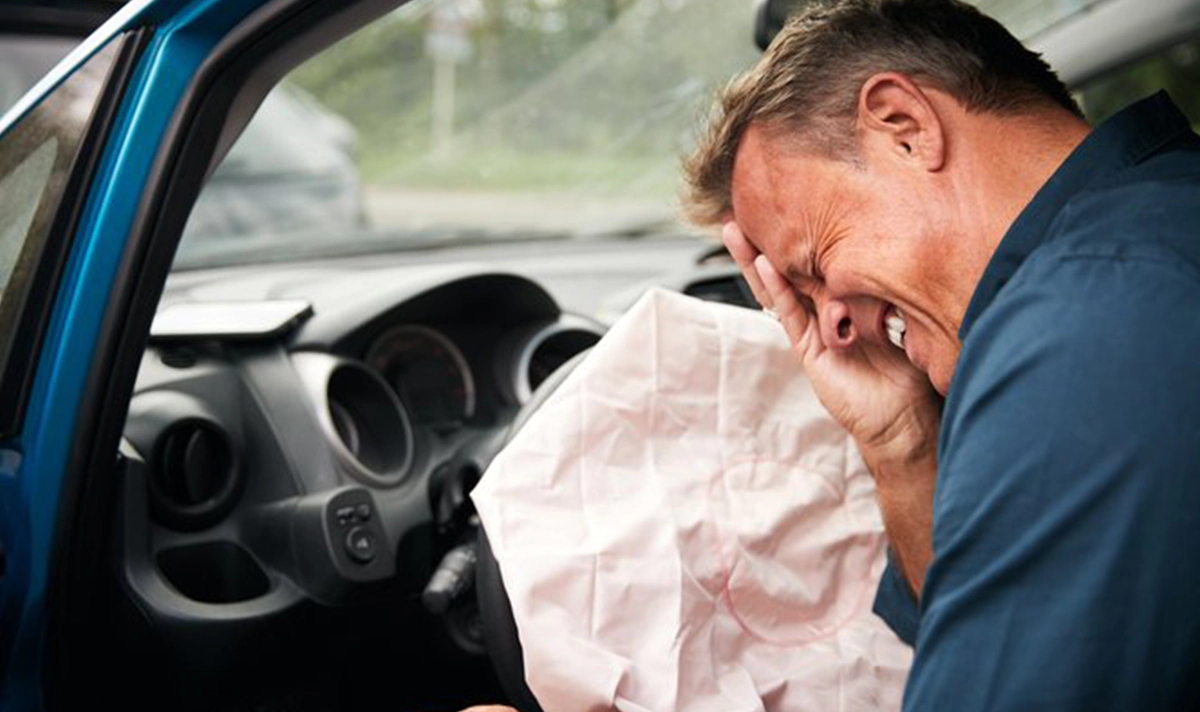

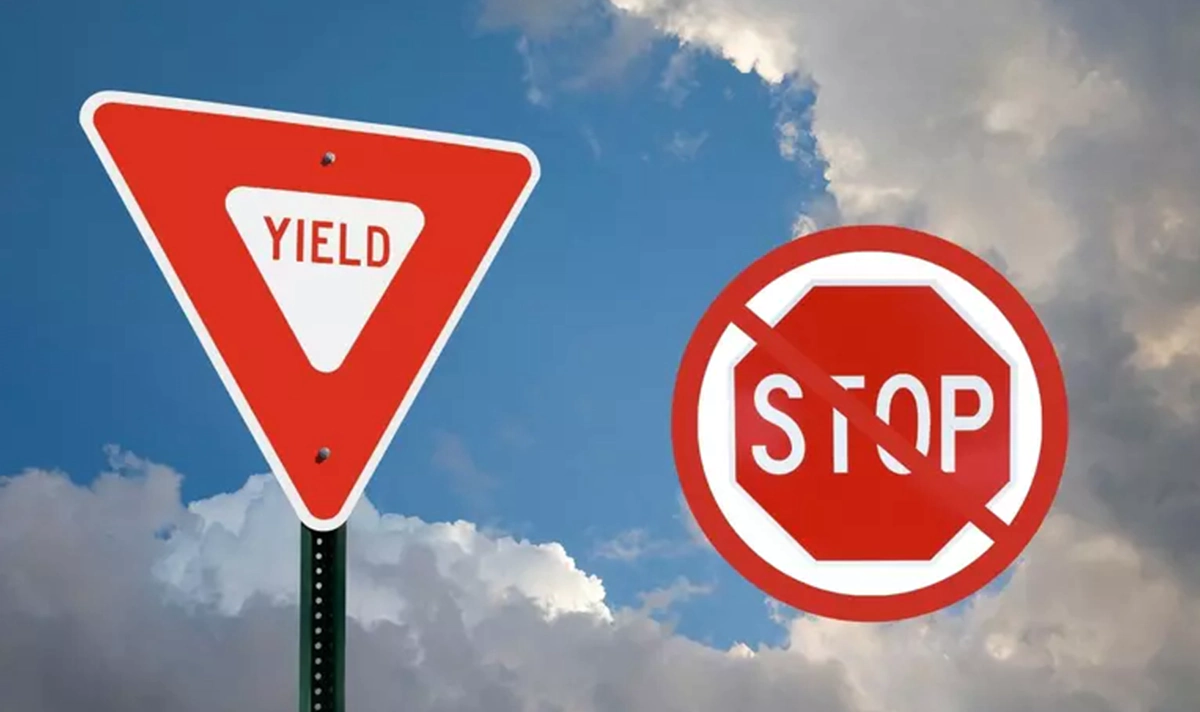

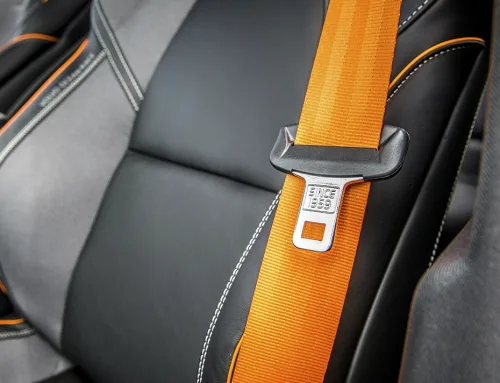
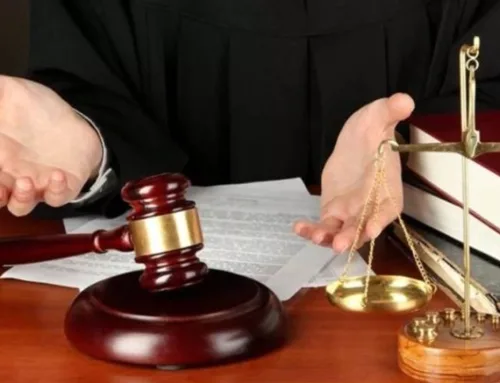
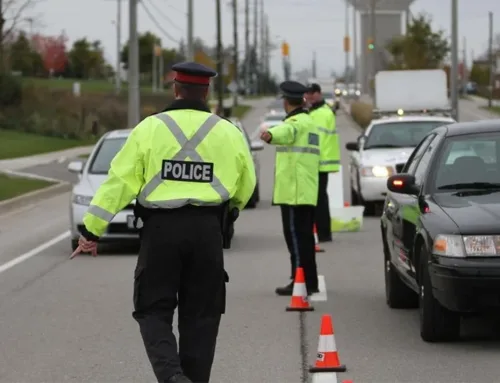
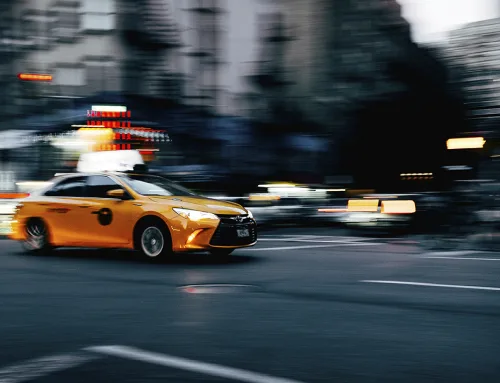
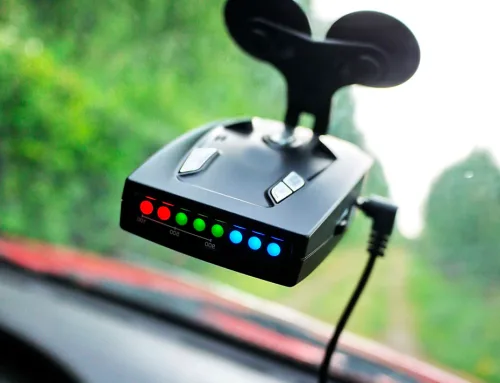
Leave A Comment
You must be logged in to post a comment.